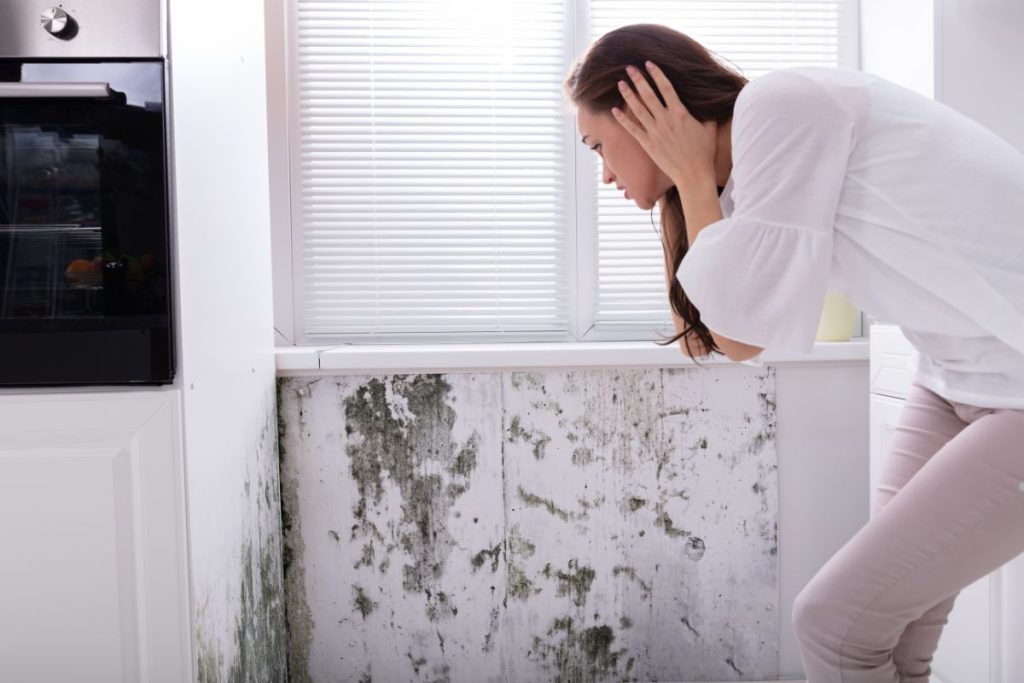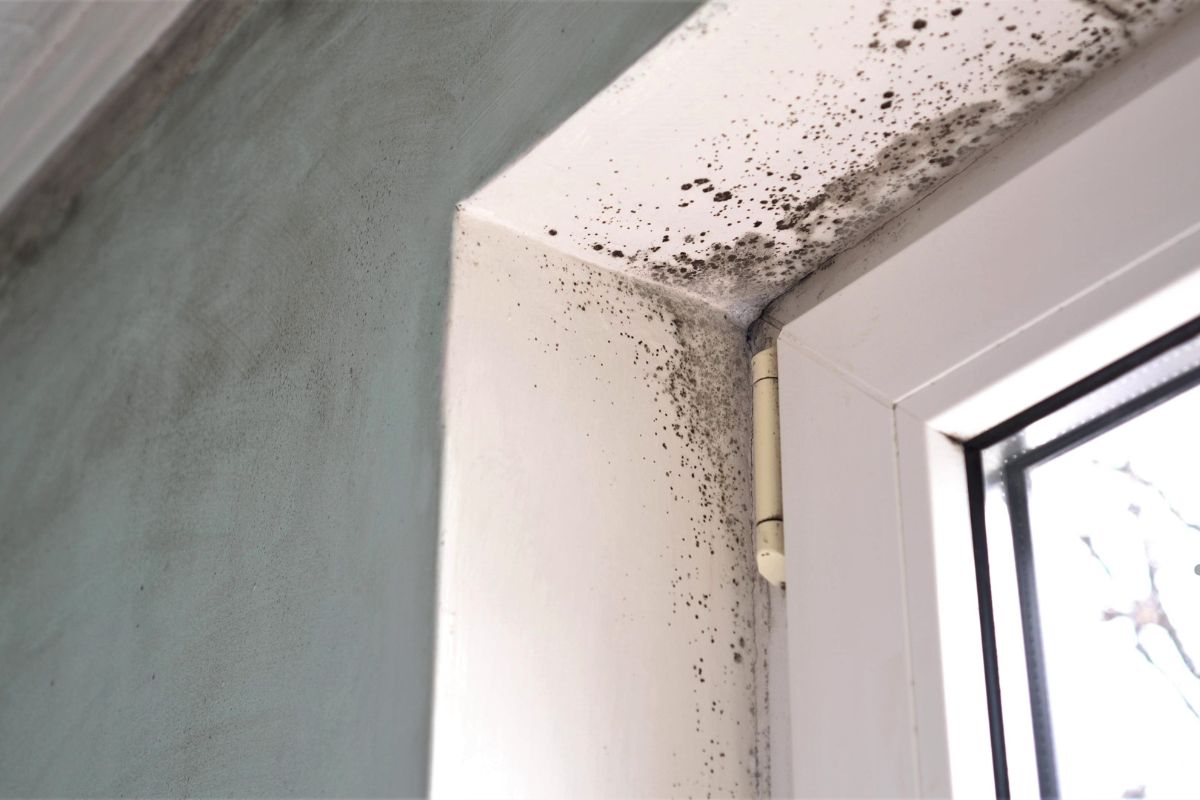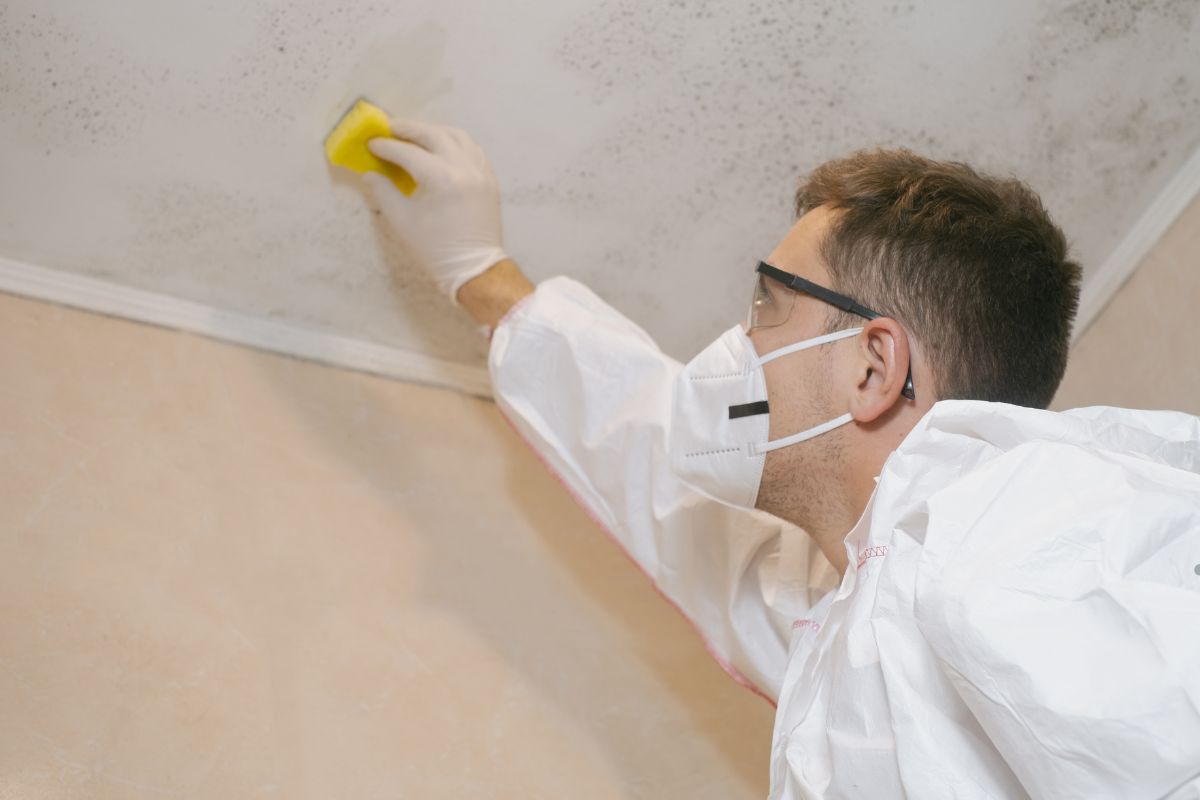
While the idea of mold exposure leading to cancer is frightening, current scientific evidence suggests there is no direct causal link between inhaling mold spores and developing cancer. This article delves into the complexities of mold, its health effects, and the real risks associated with mold exposure in your home. We’ll explore what the science says about cancer, how to protect yourself, and when to seek professional help.
Understanding Mold and Its Presence in Homes
Mold is a type of fungus that flourishes in damp environments and can be found both indoors and outdoors. It spreads through microscopic spores that travel through the air, settling on moist surfaces where they can quickly grow. In homes, mold commonly develops in bathrooms, kitchens, basements, and areas affected by leaks or water damage. Recognizing mold’s presence is essential for safeguarding your health. Our professional mold inspection and remediation services help identify, remove, and prevent mold, ensuring a safe and healthy environment for you and your family.
Types of Mold and Their Characteristics
Not all molds are created equal. There are many different types of mold, and some are more concerning than others.

- Common Household Molds: Examples include Aspergillus, Cladosporium, and Penicillium. These molds are often found in damp areas and can trigger allergic reactions in some people.
- Toxic Mold (Stachybotrys chartarum – Black Mold): This type of mold, often referred to as “black mold,” is known to produce mycotoxins. While it’s often sensationalized, it’s important to remember that exposure doesn’t automatically mean severe health consequences. It does, however, warrant professional attention.
Household molds, such as Aspergillus, Cladosporium, and Penicillium, are commonly found in damp areas and can trigger allergic reactions in some individuals. Another concern is Stachybotrys chartarum, also known as black mold, which produces mycotoxins. While black mold is often sensationalized, prolonged exposure can still pose health risks and requires professional attention. If you suspect mold growth in your home, don’t wait—call us today for expert mold inspection and remediation services!
The Health Effects of Mold Exposure
Exposure to mold can cause a variety of health problems, particularly for those with allergies, asthma, or weakened immune systems.
- Allergic Reactions: Mold can trigger allergic reactions such as sneezing, runny nose, itchy eyes, skin rashes, and hives.
- Respiratory Issues: Mold exposure can worsen asthma symptoms and lead to coughing, wheezing, shortness of breath, and other respiratory problems.
- Immune System Responses: Prolonged exposure to mold can weaken the immune system, making you more susceptible to infections.
- Other Potential Symptoms: Headaches, fatigue, and difficulty concentrating can also be associated with mold exposure.
Exposure to mold can have a significant impact on health, triggering allergic reactions such as sneezing, a runny nose, itchy eyes, skin rashes, and hives. It can also lead to respiratory issues, worsening asthma symptoms and causing coughing, wheezing, and shortness of breath. Prolonged mold exposure may weaken the immune system, making individuals more vulnerable to infections. Additionally, symptoms like headaches, fatigue, and difficulty concentrating can be linked to mold exposure. To protect your health and indoor air quality, our professional mold remediation services help detect, remove, and prevent mold growth, ensuring a safe and healthy environment.
Is There a Link Between Mold and Cancer?
This is the crucial question. Currently, scientific studies have not established a direct causal link between inhaling mold spores and developing cancer. While some molds produce mycotoxins that could be carcinogenic under specific and extreme laboratory conditions, these conditions don’t typically reflect real-world exposure levels in homes.
- Scientific Studies and Evidence: The majority of research focuses on the potential toxicity of mycotoxins produced by certain molds. However, the levels of exposure required to potentially induce cancer are significantly higher than what most people encounter in their homes.
- Official Stances from Health Organizations: Organizations like the EPA, CDC, and NIH have not classified mold exposure as a direct cause of cancer. They focus on the respiratory and allergic health risks associated with mold.
Protecting Yourself and Your Home
Even though mold isn’t directly linked to cancer, it’s still important to take steps to prevent and remove mold from your home to protect your overall health.

- Preventing Mold Growth: Control moisture levels in your home by fixing leaks, using dehumidifiers in damp areas, and ensuring proper ventilation.
- Identifying Mold: Look for signs of mold growth, such as discoloration, staining, or a musty odor.
- Mold Removal Strategies: For small areas, you can often remove mold yourself using a bleach solution or other cleaning products.
- Professional Mold Remediation: For extensive mold growth or concerns about black mold, it’s advisable to seek help from a professional mold remediation company. Call us today for expert inspection and removal services!
Frequently Asked Questions (FAQs)
Can mold cause lung cancer?
Current research does not support a direct link between mold exposure and lung cancer.
What are the long-term effects of mold exposure?
Long-term exposure can lead to chronic respiratory problems, allergies, and a weakened immune system.
How can I test for mold in my home?
You can purchase DIY mold test kits or hire a professional mold inspector.
When should I consult a doctor about mold exposure?
If you experience persistent respiratory problems, allergic reactions, or other health concerns after mold exposure, consult a doctor.
Key Takeaways: Mold, Health, and Cancer Risk
While the fear of mold causing cancer is understandable, the current scientific consensus indicates that inhaling mold spores is not a direct cause of cancer. However, mold exposure does pose significant health risks, particularly for those with allergies, asthma, or weakened immune systems. Preventing mold growth and promptly addressing any mold issues in your home is crucial for protecting your overall health and well-being. If you suspect a mold problem in your home, don’t hesitate to contact professionals for inspection and remediation. Contact us today to schedule your appointment.
